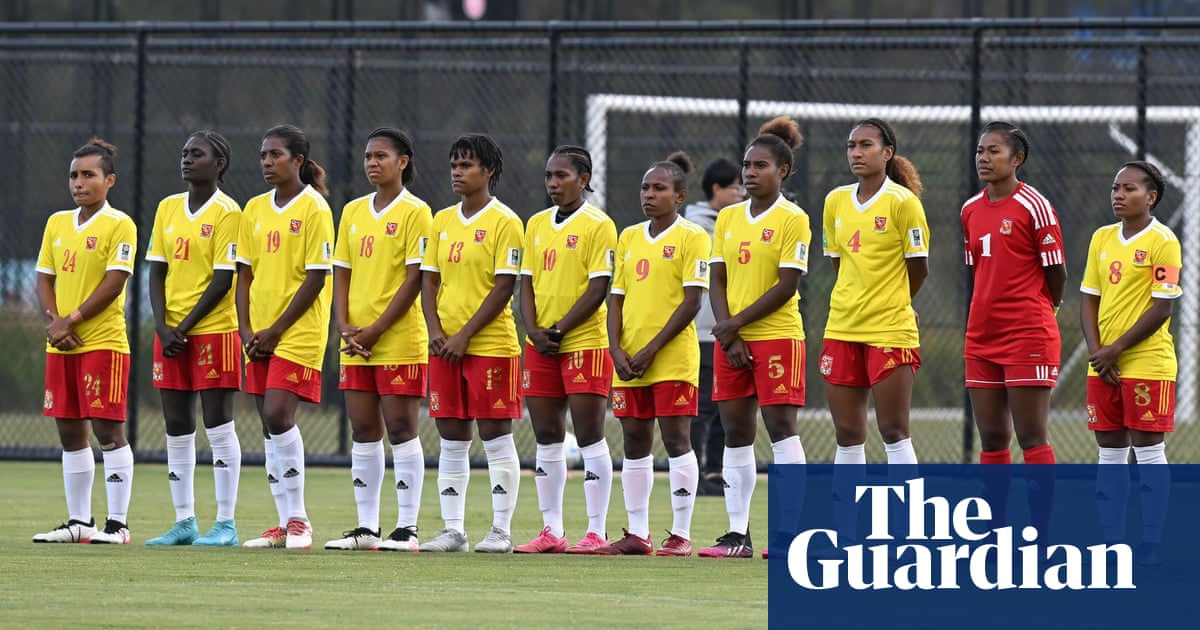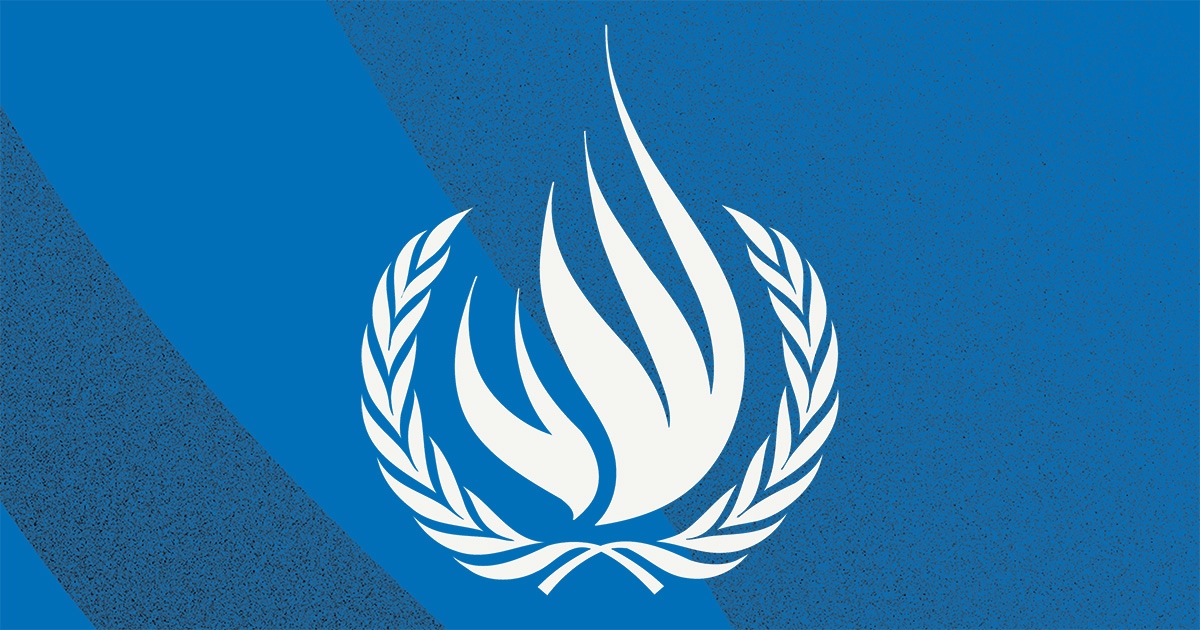
A leading Papua New Guinean obstetrician has advised women in that country not to fall pregnant for up to two years, saying fears of Covid-19 transmission have seen pregnant women turned away from hospitals, resulting in the death of at least one baby.
The warning comes as Papua New Guinea’s military headquarters remains in lockdown after a spate of coronavirus cases. But reports from inside the barracks suggest lockdown measures are not being adhered to, raising concerns of a wider outbreak.
Professor of obstetrics and gynaecology at the University of Papua New Guinea, Dr Glen Mola, has counselled PNG women to delay pregnancies for up to two years, until the pandemic passes.
While Papua New Guinea – with just 11 cases – has, so far, escaped the worst of the global coronavirus pandemic, there are fears the country’s limited public health infrastructure could be quickly overwhelmed by an unchecked outbreak.
Concerns over the virus, and the impact of lockdowns, have already seen women refused care.
“Nurses have been sending pregnant women away when they come to antenatal clinics for pregnancy checks and even when pregnant women have been referred to hospital,” Mola said.
Mola cited the example of a 20-year-old woman, Marie – not her real name - who lost her baby and went blind after being repeatedly refused treatment and turned away from hospital and from clinics over four weeks while the country was in Covid-19 lockdown.
She was even turned away after collapsing at the ante-natal clinic while waiting to be seen, told “we are in lockdown”.
“Clearly Marie had had pre-eclampsia for the whole four weeks prior, and now had complications causing eye nerve and brain damage,” Mola said.
“Her blindness is likely to be permanent. Her baby also died from her pre-eclampsia.
“So fear of Covid-19 has caused Marie to be permanently blind and also the death of her baby,” he said.
Port Moresby’s Murray Barracks went into lockdown late last month after a third case – of just 11 across the country – was traced to the barracks.
Two officers – one from the PNG military, and an Australian officer – tested positive, followed by a 26-year-old woman outside the barracks who was a close contact of the PNG officer.
The PNG defence force maintains widespread testing is being carried out inside the barracks, while soldiers, officers and residents are following good hygiene practices and maintaining social distancing, one week into the lockdown.
However, some inside the barracks have raised concerns warnings aren’t being taken seriously enough.
A civilian resident told The Guardian life at the barracks was unchanged.
“They said the barracks is on lockdown, but life is as normal, no checks whatsoever.”
“Students going to school and all… it’s all lies,” she said.
PNG has not reported any new Covid-19 cases for more than a week, but health experts are working to get a clearer idea about whether there have been unreported infections across the archipelago.
Ten thousand people were tested across the country, with tests focused in the provinces where there have been confirmed cases including Port Moresby.
The PNG state of emergency controller’s office says around 300 people nationwide have been found to have Covid-19 antibodies.
Dr Evelyn Lavu from the health department’s laboratory and testing unit said two thousand people were tested in Port Moresby and around 40 of them appear to have had Covid-19 and recovered from it.
“We did approximately 2000 tests, the results haven’t been completed yet, but what I can say is the exposure to Covid-19 in PNG as a whole is very low, the percentage of people with antibodies is very low, within the range from 2-3%,” she said.
Papua New Guinea was able to provide health workers with personal protective equipment and testing kits donated by China, Australia and New Zealand.
The country’s acting health secretary and deputy state of emergency controller Dr Paison Dakulala has told Port Moresby residents the threat of catching coronavirus remains very real.
“This drives home the importance of staying home when you have flu-like symptoms: cough, body aches and fever,” he said.
PNG Prime Minister James Marape said the low rates of community transmission “must not give us a sense of security”.
“You look on the other side [of the border], Melanesians like us are being infected or now being [found to be] Covid-19 positive. We mustn’t be reckless.”











